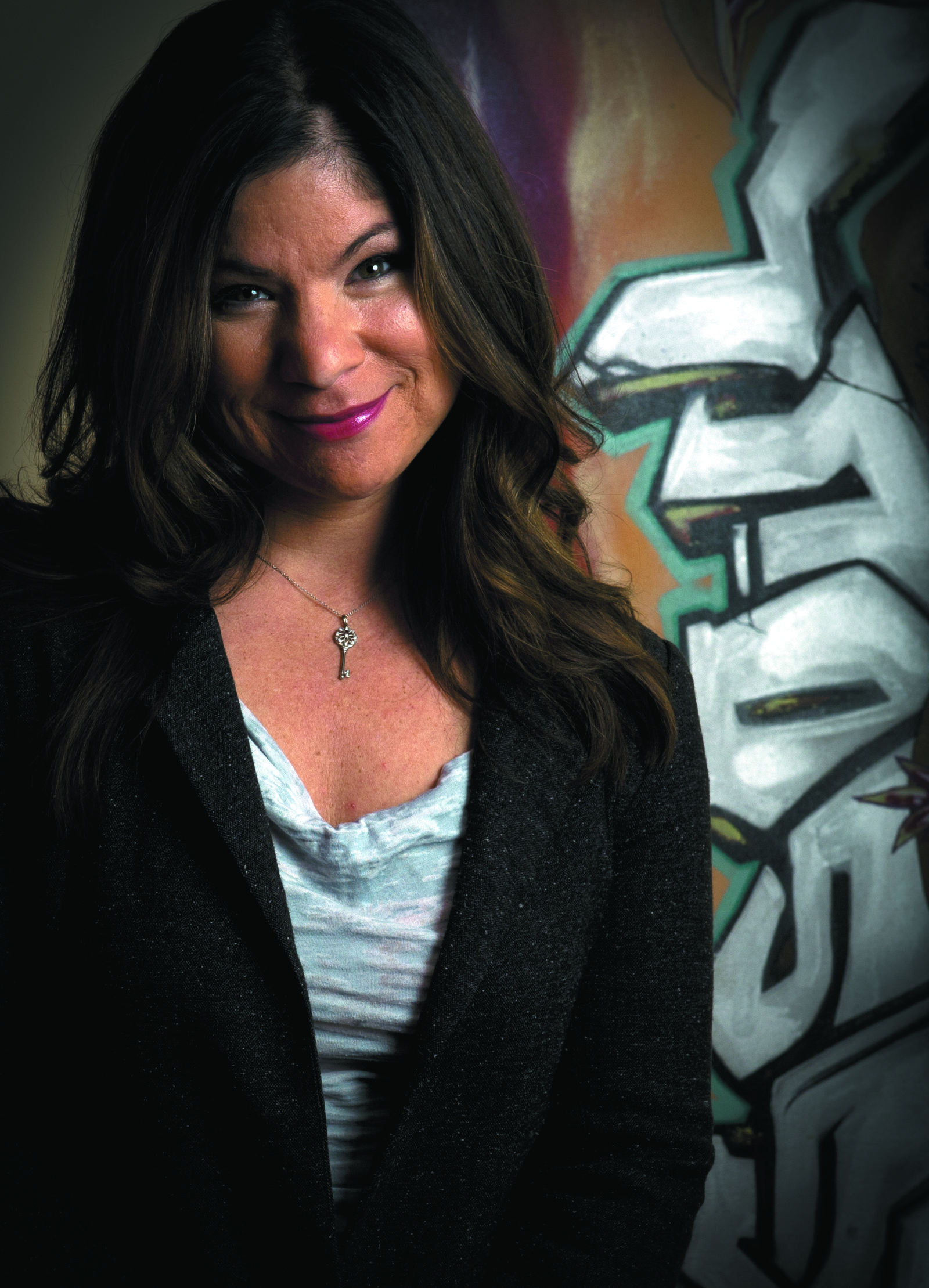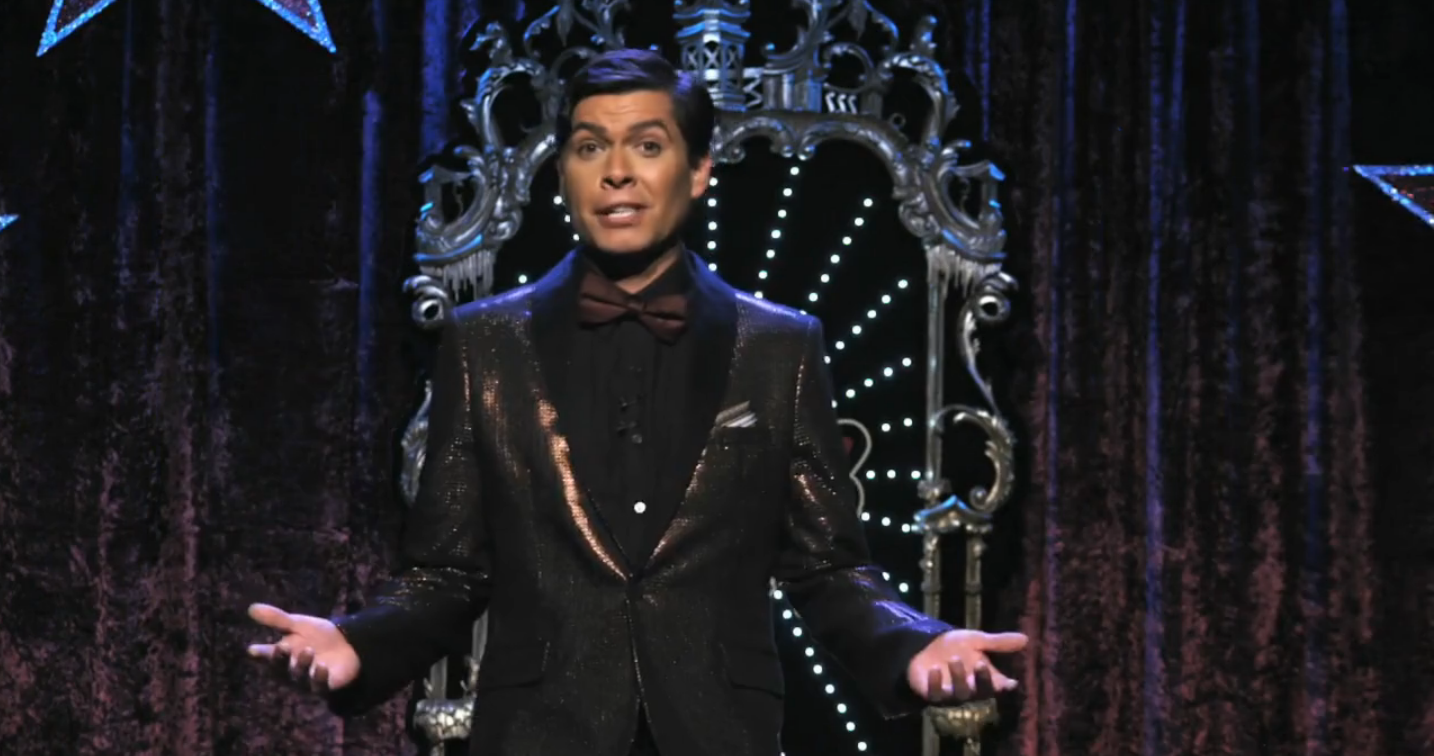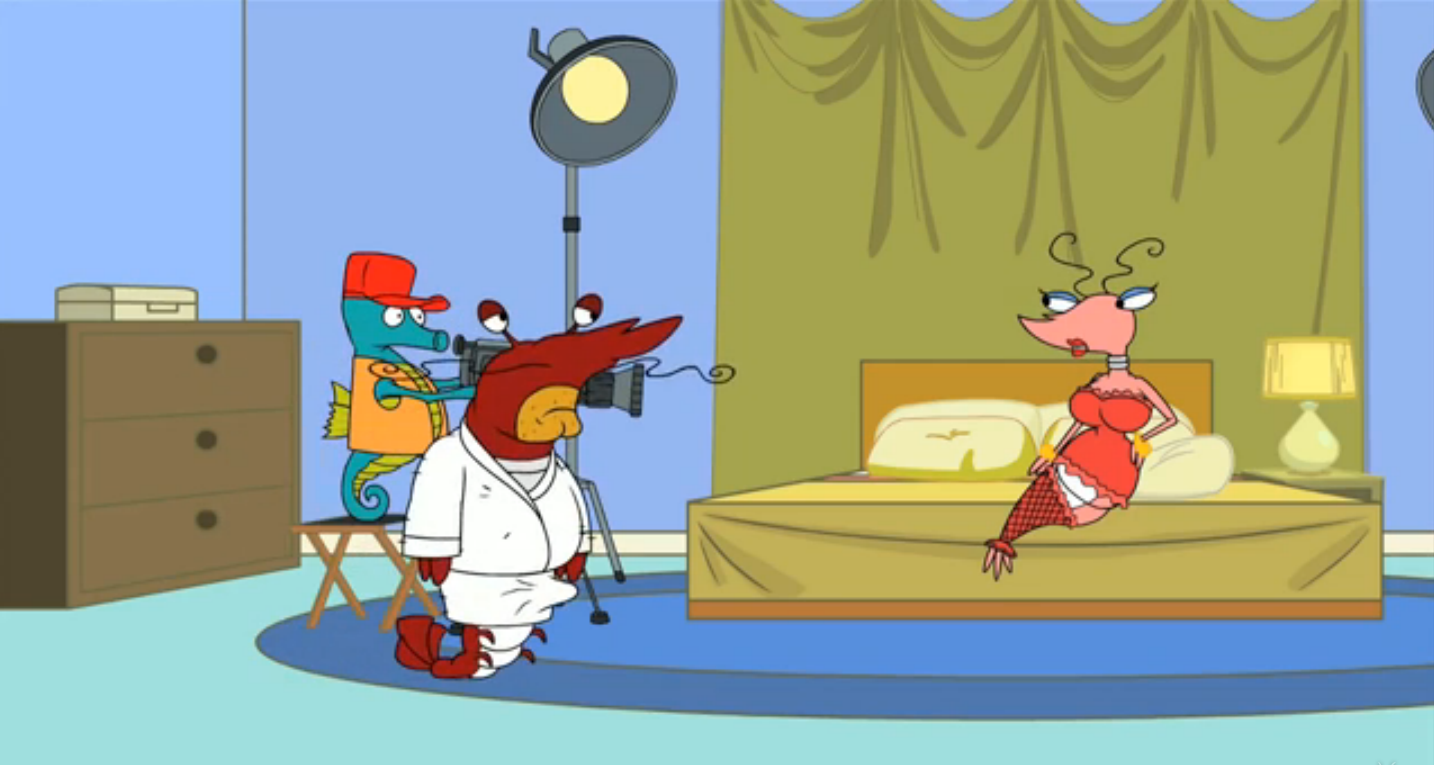An Aboriginal film company is taking the federal government to court over a decision that cost the company nearly $200,000 in tax credits for a new late-night comedy show.
The tax credits would have gone toward the cost of making the first season of Derek Miller’s Guilt Free Zone, which aired six episodes on APTN in 2014.

The owner of Big Soul Productions says the government’s decision might all but kill the company, which now has to come up with the money on its own.
“I honestly didn’t see this coming,” Laura Milliken told BuzzFeed Canada. “It truly is the worst thing that could have happened.”

The Department of Canadian Heritage approved the show's initial application for a production certificate that would allow the company to receive both federal and provincial tax credits totaling nearly $200,000.
The production company then took out a loan against the projected tax credits. “It’s always the cart before the horse in this industry," said Milliken, who's been in the business more than 16 years and has received the tax credit nine times.
But once the government saw the first two episodes in the series, it revoked the production certificate, saying Guilt Free Zone was too much like a talk show.
Milliken, who maintains the show is a comedic variety program, appealed the decision.
According to Canadian Heritage's guidelines, talk shows — which are not allowed to get the tax credit — feature an unscripted host and guests, are usually shot in one location, and may include "elements of other genres," such as "live or recorded variety shows and musical acts."
Variety shows, on the other hand, are defined as "primarily performances of mixed character...consisting of one or more artistic acts or performances," including monologues.

Guilt Free Zone does have a host. But in the appeal, Milliken explained that he is intended to serve as a link between segments.
Moreover, she said just about everything in the show — filmed in cities across the country — is scripted.
“I don’t think at any point did we ever think that we were even treading into talk show territory, especially as a half-hour, six-episode series,” she said.
Episode 1 featured — among other things — a comedy skit with a man named “Super Gonorrhea,” a cartoon lobster porno, and two musical performances from aboriginal artists.

In its response to the appeal, the government told Milliken she had failed to "categorically illustrate that the production is not a talk show," court documents say.
“All I could do at that point was hire a lawyer,” she said.
In September, her lawyer filed a notice of application in Federal Court seeking to have the government's decision quashed. One of the arguments presented in the document was that the government misinterpreted and ignored its own guidelines.
Canadian Heritage told BuzzFeed Canada it would not comment on matters that are before the court.
The stakes are high if Milliken loses.
“This is extremely devastating for my company,” Milliken said, her voice cracking. “We’re in the process right now of downsizing to pay back the loan, so I'm divesting of my production office, I'm moving, I'm downsizing my staff.” She said the show has yet to make any profit.
According to Big Soul's website, the company has trained more than 500 Aboriginal people over the years.
“We’ve been a gateway into the industry for Aboriginal people where there wasn’t a gateway before, and even the show, Guilt Free Zone, was meant to be a platform to showcase aboriginal talent, especially emerging aboriginal talent,” Milliken said.

She said she's thankful the bank has worked with her to set up a repayment plan, "but the only way we can make the payments to them is to pretty much, you know, downsize as much as we possibly can, to the point where we almost have no operation."
She said she's received letters of support from the head of APTN, CBC's Shelagh Rogers, and the head of the Canadian Council for Aboriginal Business.
As for season two, Milliken said they're going forward with the help of APTN and some "creative changes."
